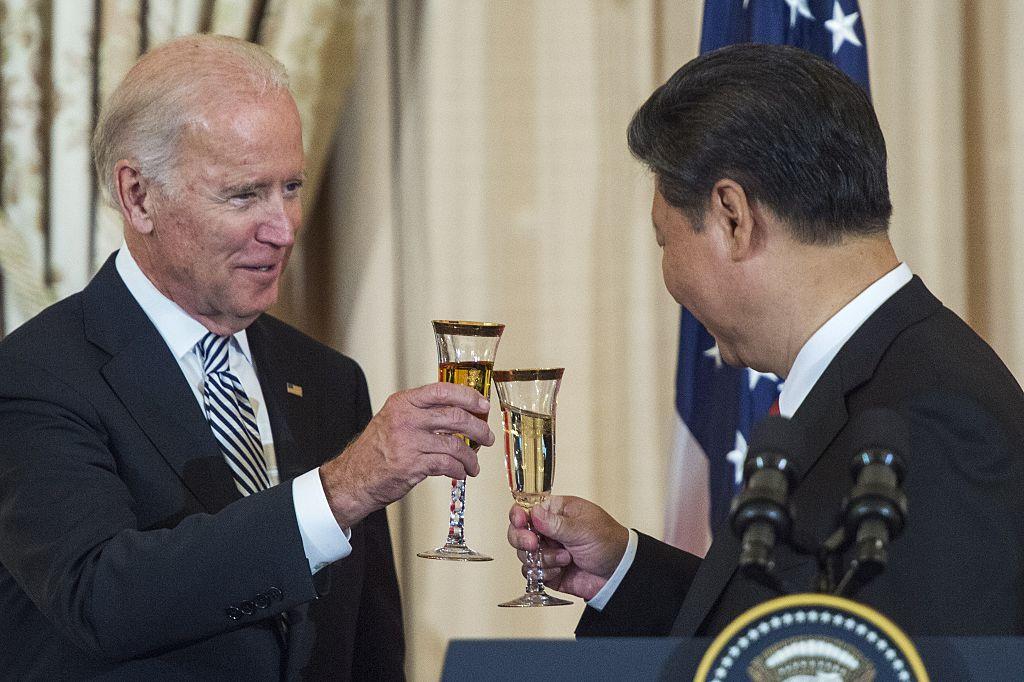Commentary
On July 19, The Epoch Times published an exclusive interview with Dr. Peter Navarro, an economist and one of President Donald Trump’s main architects of tariffs on $360 billion worth of China’s exports to the United States. “In a world of unfair trade, tariffs represent an essential tool to level the playing field for American workers and manufacturers to compete against all manner of trade cheating and sweatshop labor,” Dr. Navarro wrote. “The Trump Administration saved America’s steel and aluminum industries with tariffs that defended against unfair and massive dumping.”





